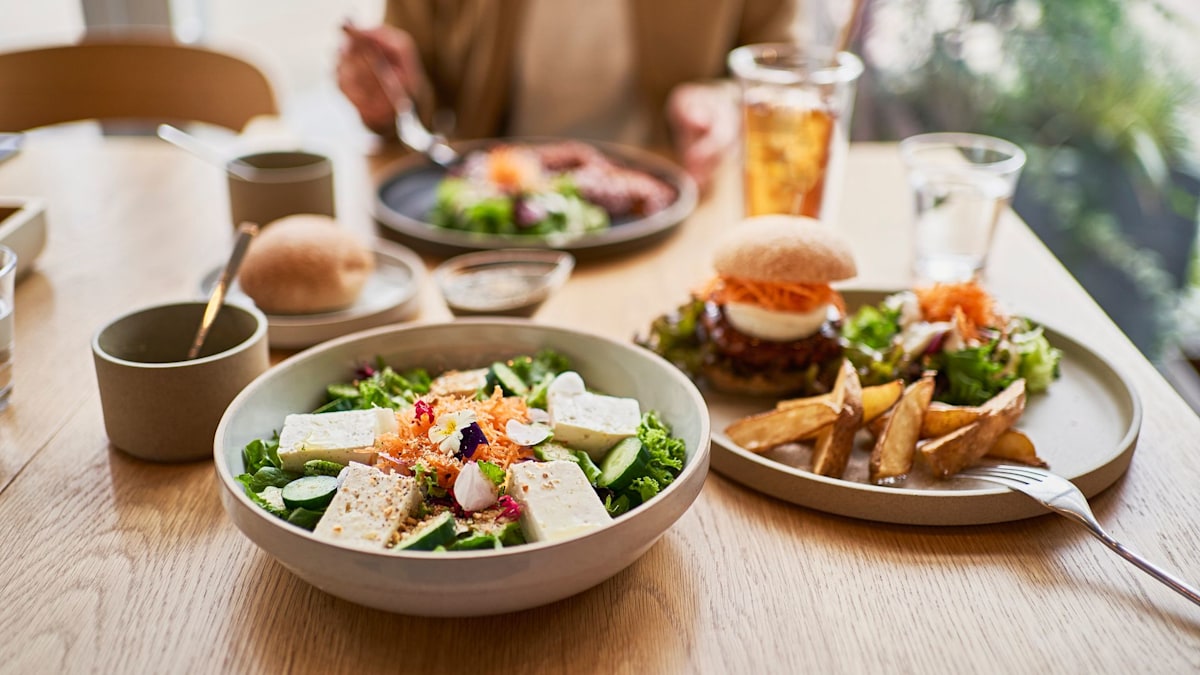One question I often get asked by clients following a plant-based diet is how to get enough protein.
Although meat is generally higher in protein, there are plenty of vegan protein sources that are delicious and packed with the nutrient.
Here are some of my favorites I like to keep at hand in my pantry.
Tofu
Some people complain it’s bland, but tofu is incredibly versatile and packed with protein.
For every 100g, you can get around 20g of protein. Silken tofu is great in sauces, soups, and even desserts, while I like to use firm tofu for stir-fries, curries and stews.
Tofu is also rich in iron and calcium.
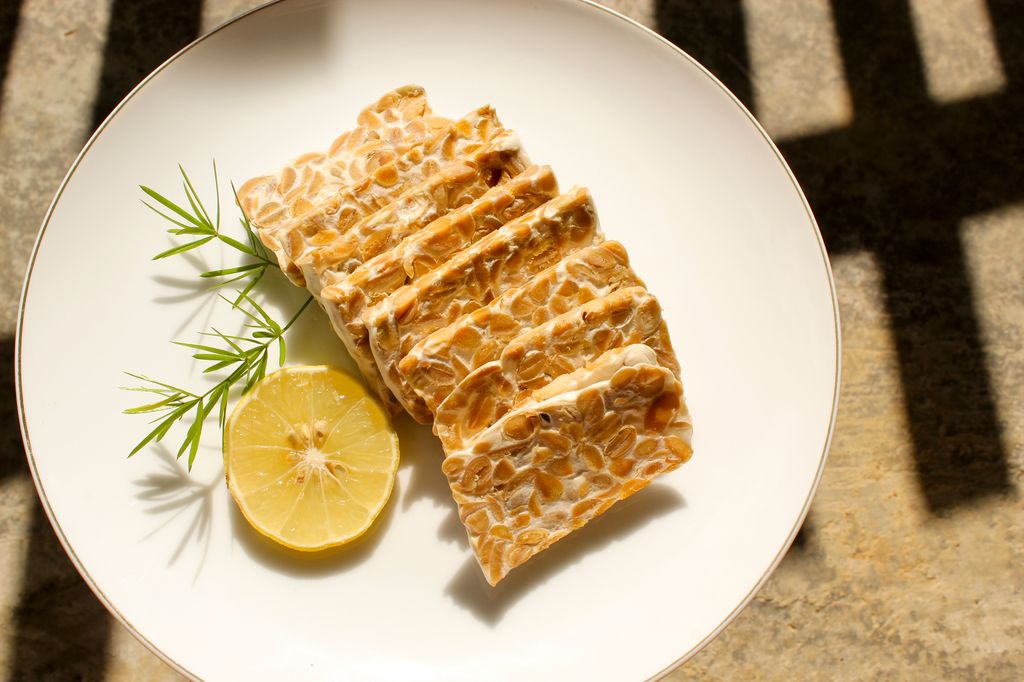 © Getty Images
© Getty ImagesTempeh
Like tofu, tempeh also originates from soybeans. It is high in protein, calcium and iron, and is a good source of B vitamins.
Just one cup of tempeh provides 34g of protein and 10g of fibre, making it a great, nutritious all-rounder. I use tempeh in stir fries, curries and salads.
You can even BBQ it as it has a good meaty texture and works well when marinated in a teriyaki sauce and seared on the grill.
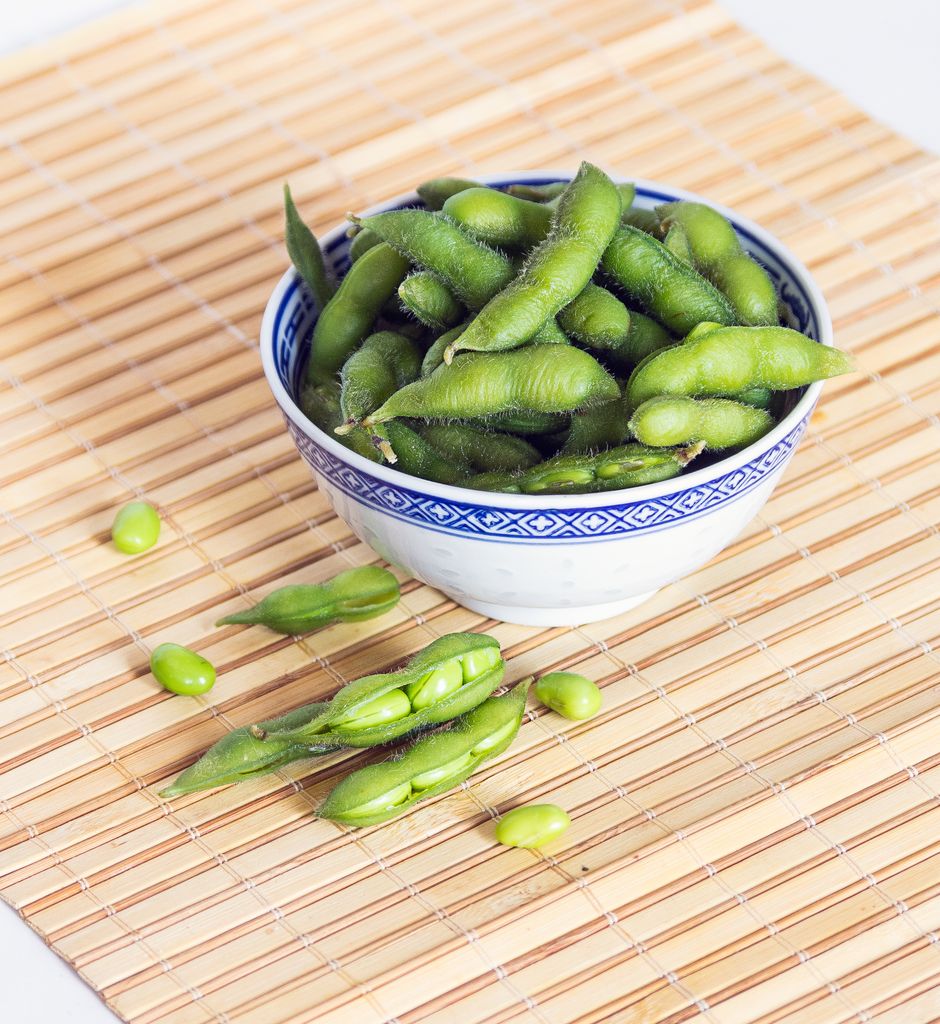 © Getty Images
© Getty ImagesEdamame
These tasty soy-based beans are one of the best sources of plant-based protein.
One cup provides 18.5g of protein, 8g of fibre, plus vitamin K, folate, magnesium, iron and calcium.
I like to eat them warm as a snack or tossed in salads or stir fries.
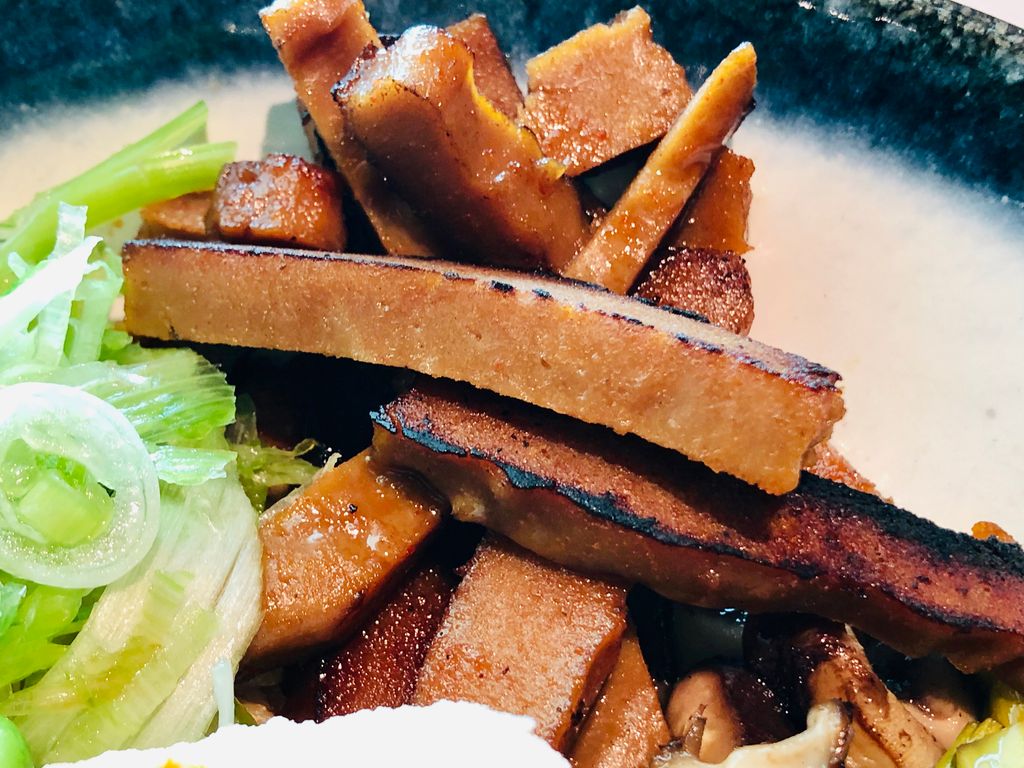 © Getty Images
© Getty ImagesSeitan
This meaty plant-based wheat packs 35g of protein per 100g. Rich in selenium, iron and calcium, seitan is one of the most optimal sources of plant protein.
But being a wheat-based protein, it’s high in gluten, so seitan is not suitable for gluten-intolerant people.
I like to add it in curries and stews as it soaks up strong flavors really well and has a really meaty texture to boot.
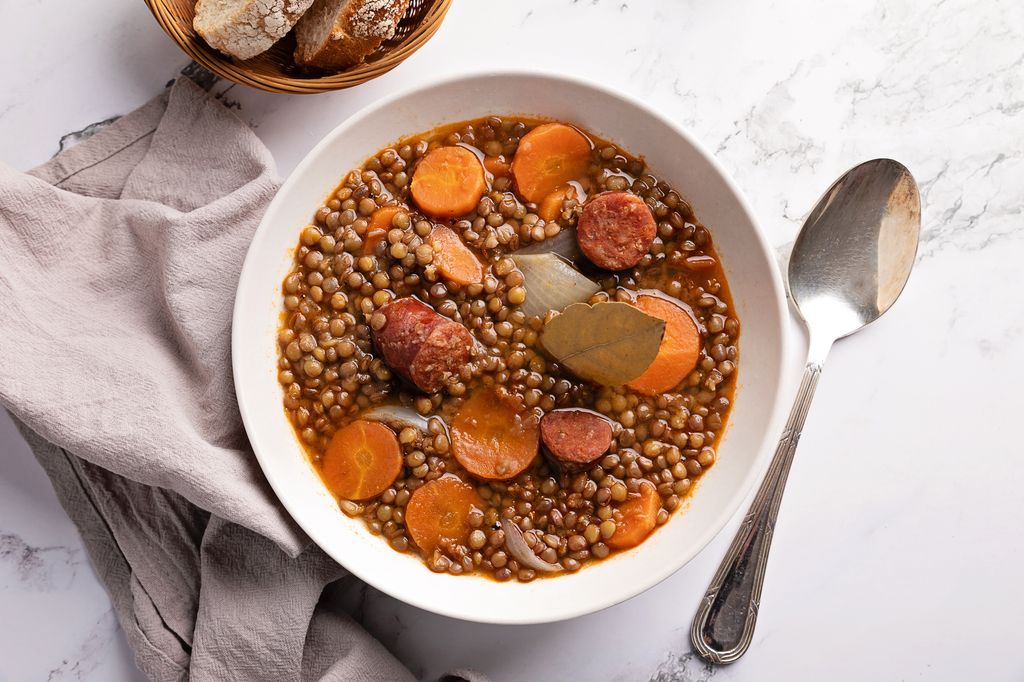 © Getty Images
© Getty ImagesLentils
Packed full of fibre and protein, lentils are a really popular plant-based protein.
Just one cup provides 18g of protein and 15.6g of fibre, making it a good option for those needing a dose of both in one hit.
Lentils are also rich in manganese, folate, iron and antioxidants. I love adding them to shepherd’s pies, salads and soups.
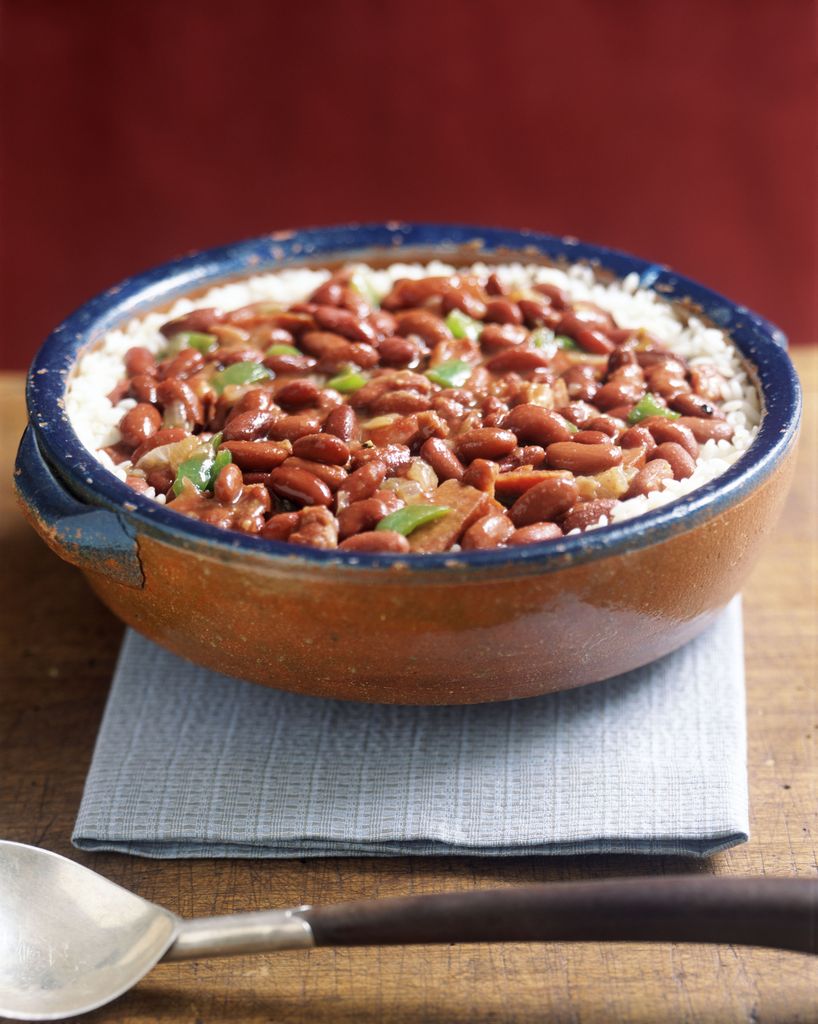 © Getty Images
© Getty ImagesBeans
Pinto, kidney and black beans are a fabulous source of nutrients, fibre and plant-based protein.
Packing in around 15g of protein per one cup, they’re also high in fibre, iron, manganese, potassium and folate.
Beans work well in tacos, salads, dips and curries, and are an extremely cheap and convenient pantry staple.
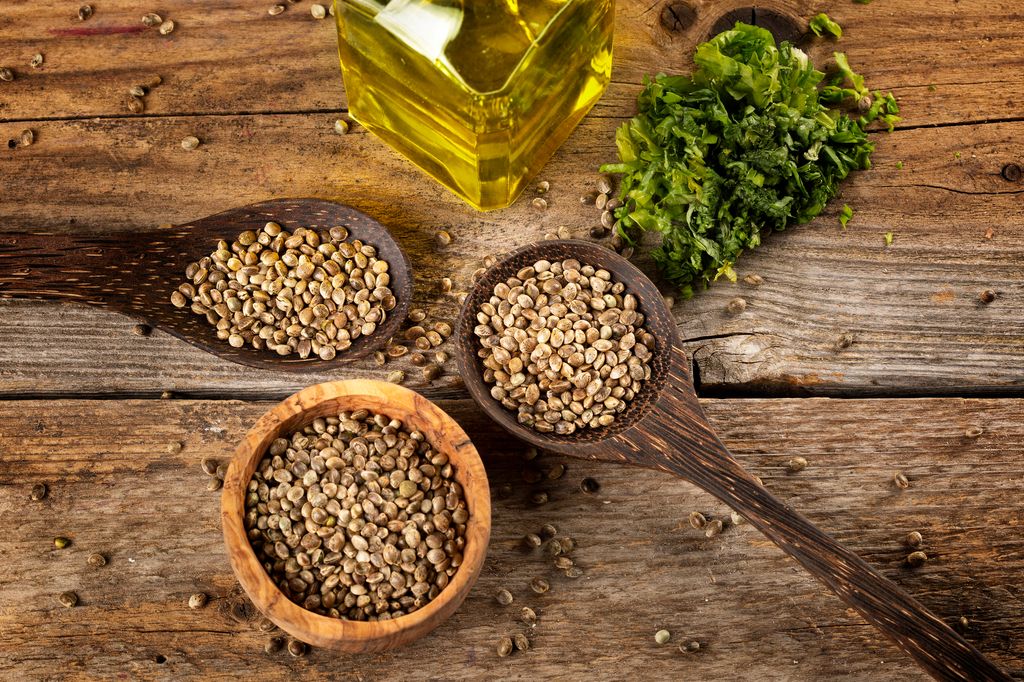 © Getty Images
© Getty ImagesHemp seeds
Hemp seeds are derived from the cannabis sativa plant, although they do not contain the compound THC that causes the psychoactive effects of the drug.
The seeds are a nourishing plant-based protein that contains around 9g of protein per 30g serving.
They are rich in magnesium, iron, calcium, zinc, and selenium, and I like to use them sprinkled on salads, yogurt, porridge, or even added to a smoothie.
Research indicates that the fatty acids in the seeds are also great for reducing inflammation in the body and alleviating menopausal symptoms.
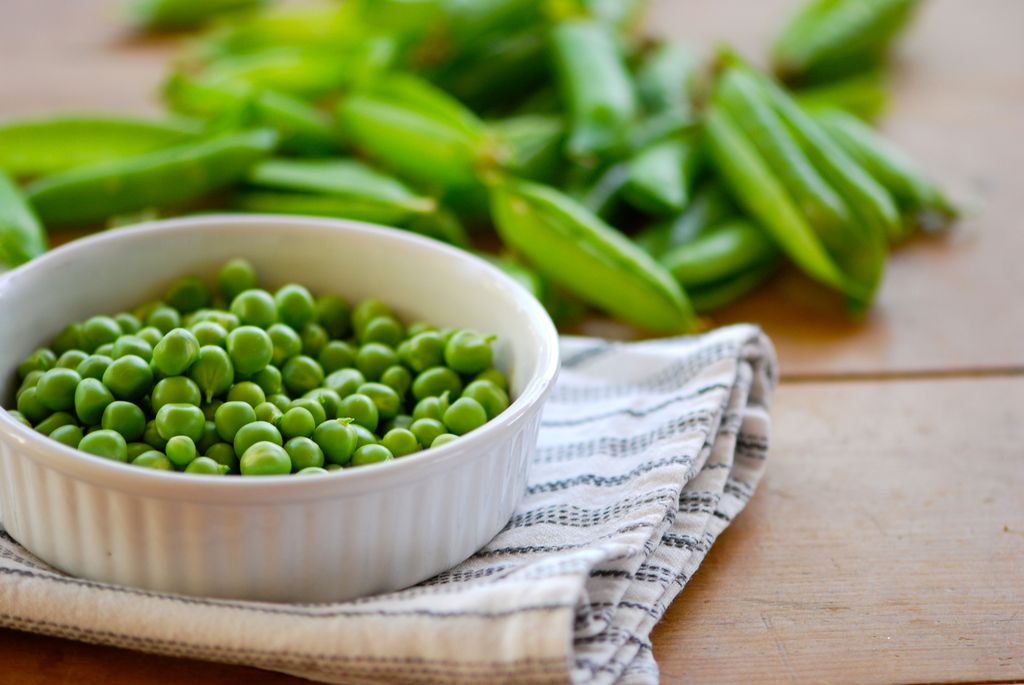 © Getty Images
© Getty ImagesGreen peas
Slightly lower in protein than the beans and pulses, green peas pack around 9g of protein per cup but contain a good source of fibre, vitamin C, K, folate and manganese.
I like to blitz them into a rich sauce for pasta or make a tasty dip. They also work well sprinkled into salads or curries, adding a little sweetness to the dish.
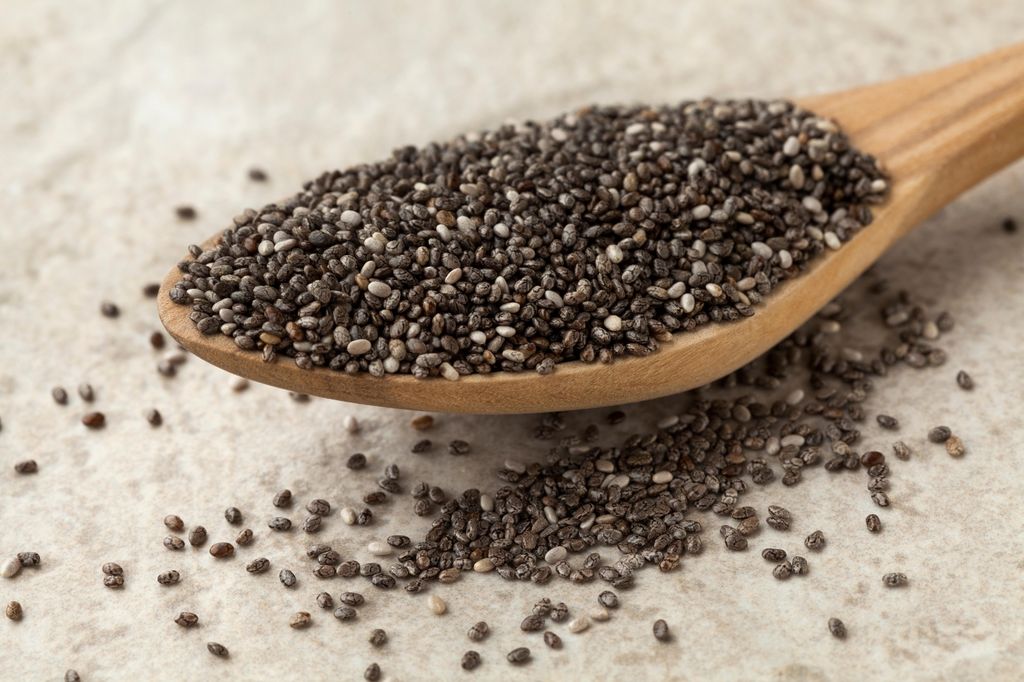 © Alamy Stock Photo
© Alamy Stock PhotoChia seeds
These fibre-rich seeds contain around 5g of protein per 28g, plus are rich in iron, calcium, selenium, and magnesium, as well as omega-3 fatty acids.
They are great added to smoothies, desserts, and cookies, and I often make an easy jam made with the seeds and mashed berries.
Faye James is a Sydney-based accredited nutritionist and author of The 10:10 Diet, The Menopause Diet, The Long Life Plan and her latest books The Perimenopause Plan and Everyday Easy Vegan.
Read the full article here


